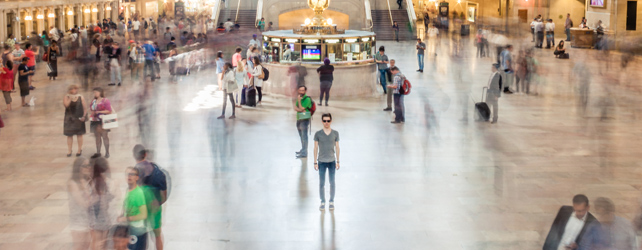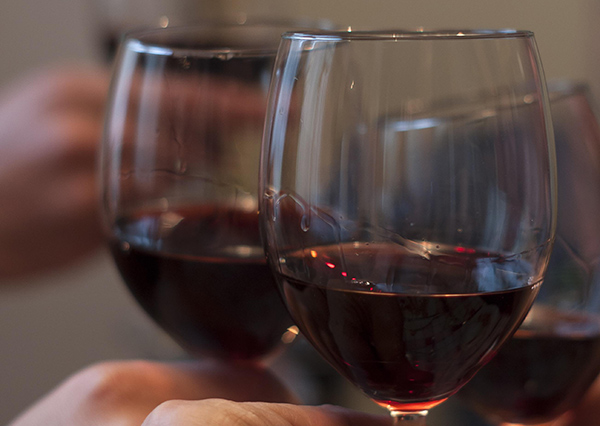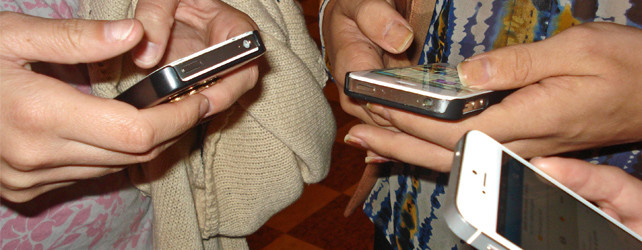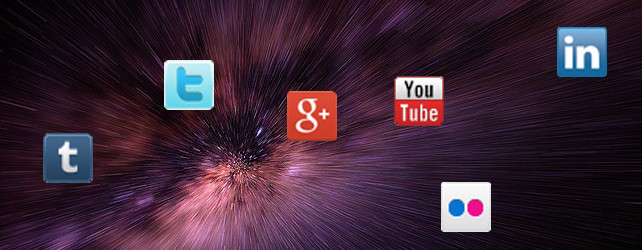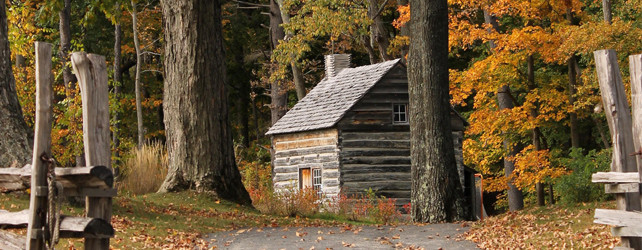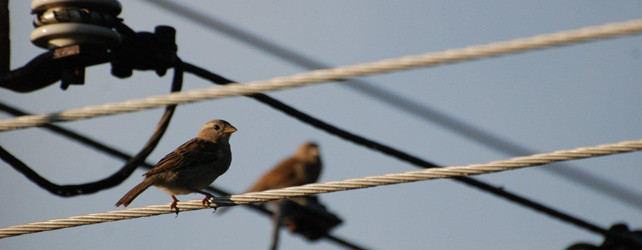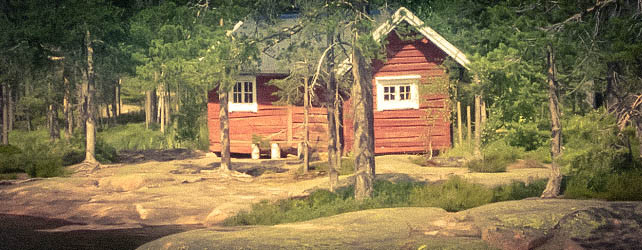It seems to happen at every conference: there’s a moment when I see someone I know, say hello, and they blow right by me in a rush for a 10-second exchange with someone “big” who won’t remember them five minutes later. Then: onto the next conquest.
Maybe they thrust a business card into the person’s hand and say, “Listen to my podcast!” or “Read my blog!” Sometimes it’s genuine — telling the person, “I love your work.” But in many cases, it’s all about trying to buddy up in the hope that they will somehow be brought into the inner circle and become big themselves.
At best, it smacks of desperation; at worst, it reeks of, “What can you do for me?!”
What is the Goal of a Conference?
I get it — a conference is at least partly about making connections.
But if you zip past the people supporting you right now in a race to get a handful of seconds with a bigger personality, you’ve just established that you’re in it for yourself no matter how genuine you claim to be. No matter how many times you tell those around you that they matter to you, it becomes clear they don’t.
Maybe it’s just me, but I’d rather have an experience like this (or this), instead of desperately trying to put what I do into the heads of a bigger guests.
In Praise of the Nobodies
So here’s to the nobodies just doing their thing, in spite of all the obstacles…
Here’s to the girl getting together with her geek buddies to talk about Dungeons and Dragons because they all love it and don’t care whether or not they can monetize their passion…*
Here’s to the guy with a podcast about novels only a handful of people may be reading; by curating things for that small following, you’ve given a voice to those who often feel silent…
Here’s to the people talking about quirky passions, the invisible outcasts who will keep talking even if only four people listen to or read what they’re doing…
Here’s to the people doing a thing simply because they love it — not because they want to claw their way to “guru” status…
Here’s to the non-“Rockstars” and “Nope-I-Am-Not-A-Ninja”s; people who are so much more than a buzzword..
.
Here’s to the real people who don’t just say they are genuine, but truly are.
Cheers!
